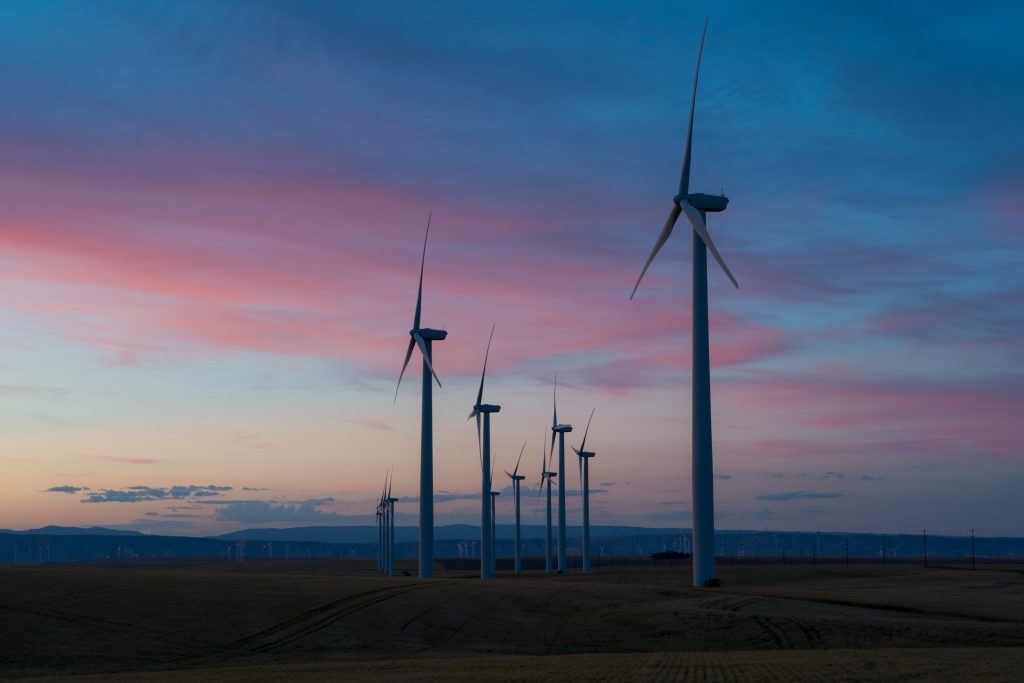In today’s global market, the push towards sustainability is no longer just a moral imperative but a business necessity. For companies involved in commodity trading, integrating sustainable practices is crucial for long-term viability, risk management and maintaining competitive advantage. This blog post talks about the importance of sustainable commodity trading and provides practical guidance for decision-makers aiming to incorporate these practices into their businesses.
Understanding sustainable commodity trading
Sustainable commodity trading involves the adoption of environmentally and socially responsible strategies in the trading of commodities like metals, energy and agricultural products. It focuses on minimizing environmental degradation, promoting social equity and ensuring economic viability for all stakeholders involved.
Why is sustainability important in commodity trading?
- Regulatory compliance: Increasingly, governments worldwide are implementing stringent regulations regarding environmental conservation and sustainability. Companies engaged in commodity trading need to comply with these regulations to avoid penalties and legal challenges.
Consumer demand: Modern consumers are more environmentally conscious and prefer to do business with companies committed to sustainable practices. Demonstrating a commitment to sustainability can enhance a company’s brand image and increase its market share.
Investor interest: There is a growing trend among investors to put their money into companies that demonstrate social and environmental responsibility. Sustainable commodity trading can attract investments from these socially responsible investors.
Risk management: Sustainable practices help mitigate risks associated with environmental disasters, social unrest, and volatile markets driven by unethical practices.

How to implement sustainable practices in commodity trading
1. Ethical sourcing
Ethical sourcing involves obtaining commodities in a responsible and sustainable way. It means that the production processes do not harm the environment or exploit workers. For decision-makers, it is crucial to:
- Develop transparency in the supply chain.
- Choose to partner with suppliers who adhere to ethical practices.
- Implement tracking systems like blockchain to ensure the traceability of commodities.
2. Reducing environmental impact
Reducing the environmental impact of trading operations can be achieved through:
- Investing in cleaner technologies for the extraction and processing of commodities.
- Adopting renewable energy sources in operations.
- Implementing waste reduction strategies and recycling waste materials.
3. Supporting fair trade practices
Fair trade practices ensure that small producers receive fair prices for their goods, have good working conditions, and can invest in sustainable production techniques. Companies can:
- Obtain fair trade certifications.
- Engage directly with small-scale producers.
- Offer training and support to producers to improve their sustainable farming techniques.
4. Financial products and services
Developing and investing in financial products that support sustainability goals can also promote sustainable commodity trading. These include:
- Green bonds and sustainable loans.
- Insurance products that favor companies with sustainable practices.
- Investment in startups and technologies that aim to revolutionize sustainability in commodity trading.
5. Continuous improvement and innovation
Adopting a mindset of continuous improvement and innovation is essential for integrating sustainability. This involves:
- Regularly reviewing and updating policies and practices to enhance sustainability.
- Encouraging innovation through R&D in sustainable technologies and processes.
- Collaborating with academic institutions, governments, and other companies to promote sustainability in the industry.
The role of technology in sustainable commodity trading
Technology plays a pivotal role in enabling sustainable practices within the commodity trading sector. Innovative technologies like AI and blockchain can significantly enhance the efficiency and transparency of sustainable practices. For example:
- Blockchain: Improves traceability in the supply chain, ensuring commodities are sourced ethically.
- Artificial Intelligence (AI): Helps in analyzing data to optimize routes and processes, reducing energy consumption and waste.
- Internet of Things (IoT): Monitors and manages the efficiency of machines used in the extraction and processing of commodities, reducing environmental impact.

Challenges and solutions
While the shift to sustainable commodity trading is beneficial, it comes with its set of challenges:
- High costs: Implementing sustainable practices can be expensive initially. However, the long-term savings and benefits often offset these costs. Government subsidies and incentives can also help mitigate these expenses.
- Complex supply chains: Making a supply chain fully sustainable can be complex. Start with the most critical elements and progressively cover all parts of the chain.
- Resistance to change: Cultural resistance can be a significant barrier. Regular training and demonstrating the economic benefits of sustainability can help in managing this resistance.
Conclusion
For decision-makers in the commodity trading sector, the integration of sustainability is not just about compliance or branding—it’s about securing a viable future for the business. The transition requires commitment, investment, and above all, leadership. However, the benefits—ranging from improved regulatory compliance to better market positioning and risk management—make it a worthy investment.
As the commodity trading industry continues to evolve, sustainability will undoubtedly play an increasingly central role in shaping its future. Embracing these practices today is not just good ethics; it’s sound business strategy.

